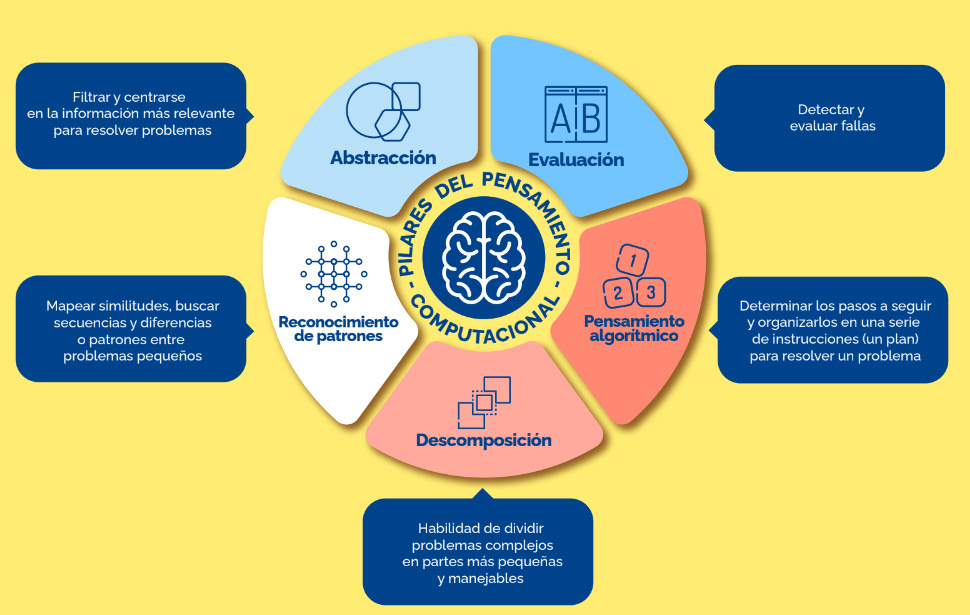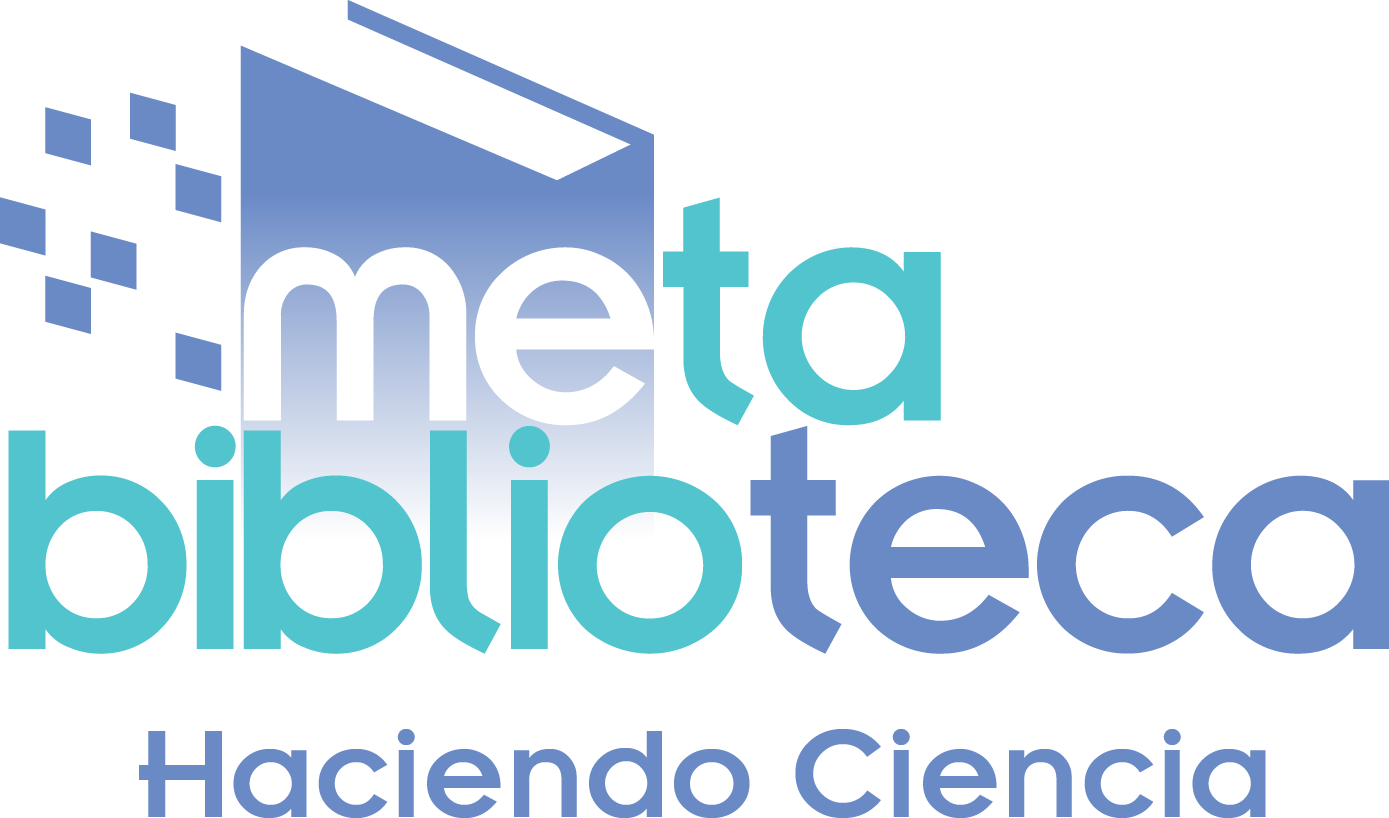Analysis of the results of the Bebras Colombia 2022 international challenge
Análisis de resultados del desafío internacional Bebras Colombia 2022


This work is licensed under a Creative Commons Attribution-NonCommercial-NoDerivatives 4.0 International License.
Copyright statement
The authors exclusively assign to the Universidad EIA, with the power to assign to third parties, all the exploitation rights that derive from the works that are accepted for publication in the Revista EIA, as well as in any product derived from it and, in in particular, those of reproduction, distribution, public communication (including interactive making available) and transformation (including adaptation, modification and, where appropriate, translation), for all types of exploitation (by way of example and not limitation : in paper, electronic, online, computer or audiovisual format, as well as in any other format, even for promotional or advertising purposes and / or for the production of derivative products), for a worldwide territorial scope and for the entire duration of the rights provided for in the current published text of the Intellectual Property Law. This assignment will be made by the authors without the right to any type of remuneration or compensation.
Consequently, the author may not publish or disseminate the works that are selected for publication in the Revista EIA, neither totally nor partially, nor authorize their publication to third parties, without the prior express authorization, requested and granted in writing, from the Univeridad EIA.
Show authors biography
The International Challenge on Informatics and Computational Thinking Bebras is a tool used in Colombia to measure students' skills in Computational Thinking, and is an opportunity to reflect on how to improve educational practices using new tools and technology. Science and engineering education focuses on learning and developing skills through the assimilation of content; however, to prepare students for today's world, it is important to stimulate critical and computational thinking.
Bebras Colombia had the participation of 2751 and 5191 students between 8 and 21 years old in the years 2021 and 2022 respectively. The results showed that there are easy and difficult pillars by category, and the strongest correlations between pairs of pillars were identified. Significant differences were also found by gender and type of educational institution.
The implementation of Bebras in Colombia is an initiative that fosters the development of skills in Computational Thinking, which is fundamental to face the challenges of the current and future world. In addition, it is important that education adapts to new technologies and tools to prepare students for the demands of the labor market and society in general.
Article visits 220 | PDF visits 139
Downloads
- Ala-Mutka, K. (2004) 'Problems in Learning and Teaching Programming', *Codewitz Needs Analysis*, pp. 1-13.
- Alvarado, T. (2000) 'La evolución del pensamiento de Hilary Putnam', *Revista del Instituto de Filosofía de la Pontificia Universidad Católica de Valparaíso*, pp. 197-227.
- Barr, V. (2011) 'Bringing Computational Thinking to K-12: what is involved and what is the role of the computer science education community?', *ACM Inroads*, 2(1), pp. 111-122. doi: 10.1145/1929887.1929905.
- Bavera, F., Daniele, M., Quintero, T. and Buffarini, F. (2019) 'Habilidades de Pensamiento Computacional en docentes de primaria: evaluación usando Bebras', *XXV Congreso Argentino de Ciencias de La Computación*, December, pp. 1131–1138.
- Brennan, K. and Resnick, M. (2012) 'Nuevas propuestas para estudiar y evaluar el desarrollo del pensamiento computacional', *Eduteka*, 1 de septiembre. Available at: http://www.eduteka.org/modulos/9/284/2120/1 (Accessed: 24 June 2024).
- Bordignon, F. and Iglesias, A. (2018) *Introducción al Pensamiento Computacional, Innovación y Práctica Para El Aprendizaje*. Available at: https://unipe.educar.gob.ar/unipe.
- Colombia, M. de E. (2016) 'Programar, una herramienta para fortalecer la educación'. Available at: https://mintic.gov.co/portal/inicio/Sala-de-prensa/Noticias/15162:Programar-una-herramienta-para-fortalecer-la-educacion (Accessed: 24 June 2024).
- Desarrollo del Pensamiento Computacional Mediante Scratch (2018).
- Lahtinen, E. (2005) 'A study of the difficulties of novice programmers', *Proceedings of the 10th annual SIGCSE conference on Innovation and technology in computer science education*.
- Milne, I. (2002) 'Difficulties in Learning and Teaching Programming - Views of Students and Tutors', *Education and Information Technologies*, pp. 55-66.
- MINTIC (2021) 'Nueva oportunidad para aprender pensamiento computacional: Karen Abudinen, ministra TIC, lanzó segunda convocatoria para docentes'. Available at: https://mintic.gov.co/portal/inicio/Sala-de-prensa/176629:Nueva-oportunidad-para-aprender-pensamiento-computacional-Karen-Abudinen-ministra-TIC-lanzo-segunda-convocatoria-para-docentes (Accessed: 24 June 2024).
- Mow, C. (2008) 'Issues and Difficulties in Teaching Novice Computer Programming', *Innovative Techniques in Instruction Technology, E-learning, E-assessment, and Education*, pp. 99-204.
- Román-González, M. (2016) *Codigo alfabetización y pensamiento computacional en educación primaria y secundaria: validación de un instrumento y evaluación de programas [Code-literacy and Computational Thinking in Primary and Secondary Education:...]*. Available at: http://e-spacio.uned.es/fez/view/tesisuned:Educacion-Mroman (Accessed: 24 June 2024).
- Simari, G. (2013) 'Los fundamentos computacionales como parte de las ciencias básicas en las terminales de la disciplina informática', *VIII Congreso de Tecnología en Educación y Educación en Tecnología*. Available at: http://sedici.unlp.edu.ar/handle/10915/27579 (Accessed: 24 June 2024).
- Wing, J. (2006) 'Computational Thinking', *Communications of the ACM*, 49(3), pp. 33-35. Available at: https://www.cs.cmu.edu/~15110-s13/Wing06-ct.pdf (Accessed: 24 June 2024).




